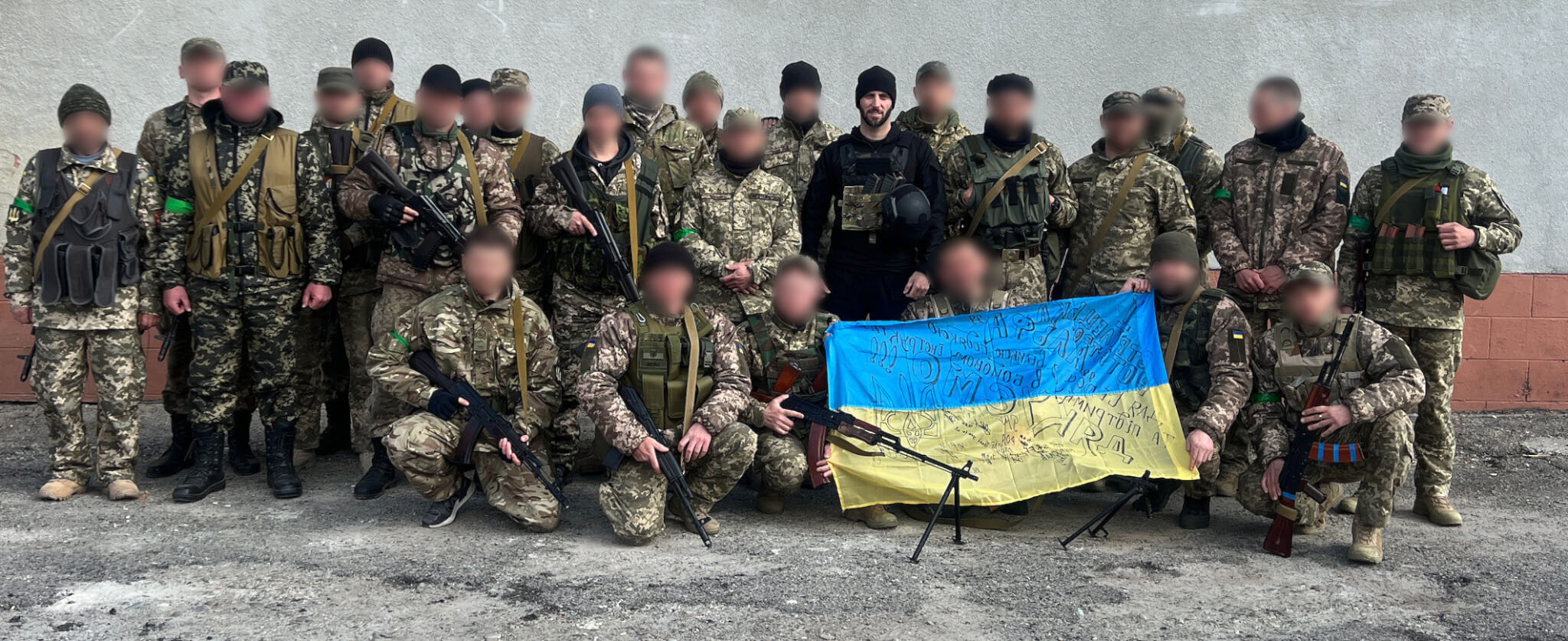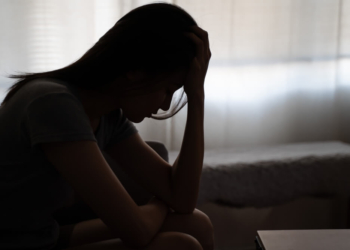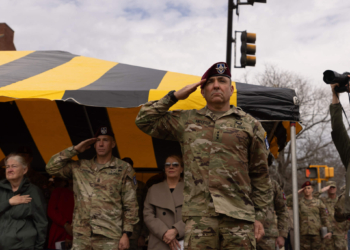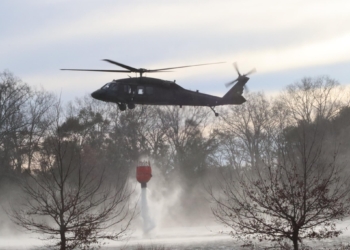When Lance Zaal boarded a flight to Ukraine to train resistance fighters earlier this year, it wasn’t the first time his convictions spurred him to action.
“I joined the Marine Corps on 9/11,” Zaal recalled.
An established entrepreneur with the Marines firmly in his rearview mirror, Zaal this year found himself again compelled by his democratic ideals – and determined to fight those who oppose them.
“We’re in a world where authoritarian and totalitarian powers are on the rise again,” said Zaal. “I didn’t feel comfortable just watching these things (Russia’s invasion of Ukraine).”
Zaal’s connection to Ukraine really began in college. After an enlistment as a Marine infantryman that included two Iraq deployments, Zaal traded in his Kevlar for some textbooks, eager to explore civilian life. It was in his graduate studies at William and Mary that he met Ivan.
“We graduated (from business school) the same year (2012),” said Zaal. “We had a similar sense of humor and got along really well, so we just kept in touch.”
Having studied international relations as an undergraduate, Zaal had a longstanding interest in Eastern Europe and the ongoing fight for independence that has marked Ukraine since its break from the Soviet Union in the early ’90s. But his relationship with Ivan provided a personal window into the struggle of the Ukrainian people.
“He was brought into the military with a bunch of other civilians,” Zaal said of Ivan, who had worked as a real estate developer in Kyiv before being called to the Territorial Defense Forces after the Russian invasion in February. “I was just looking for ways to support him with some training.”
After efforts to mobilize military trainers from the States fell through, Zaal opted to go himself. Dusting off his infantry handbooks, he pieced together a strategy for training the mostly civilian Ukrainian force.
“I came up with a training plan on the flight over there,” he said.
Zaal quick surmised that what the 80 or so men he would be training lacked most was structure.
“Only a few weeks ago, they were photographers, they were plumbers,” Zaal said. “The first thing I did was break them into squads.”
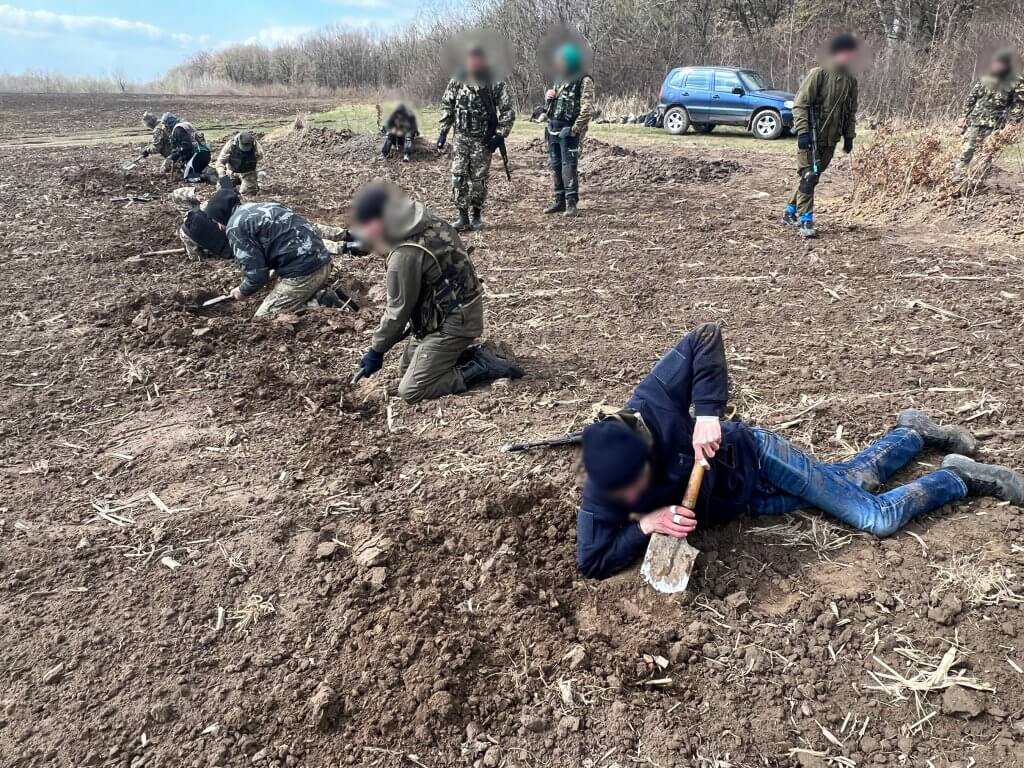
Having divided them into trainable units, Zaal enlisted the support of a Ukrainian combat veteran who had battled pro-Russian forces in the Donbas region in 2014. Together, they ran the squads through basic infantry tactics and battle drills, teaching them to fire and maneuver, establish fighting positions, and care for one another’s wounds in the field, often making do with the skill sets available to them.
“A dental surgeon served (as the medical officer),” said Zaal. “They all wanted to be there, and they picked up these skills quickly.”
Resources proved another obstacle in their training. Dipping largely into his own pockets, Zaal provided them with first aid kits, body armor, headgear, and night-vision scopes for their rifles. He was also able to buy a bit of realism.
“We didn’t have any access to ammunition so we couldn’t go to the range,” said Zaal. “I hired a paintball company just so they could have the feeling of something being shot at them.”
The training proved impactful, with Zaal receiving reports of it having saved lives in the realities of war. But the bulk of the work remains.
“Certainly, his training made us the best soldiers,” said Yuri, a Ukrainian soldier whom Zaal helped train. “But in modern warfare there are a lot of moments that I could not even imagine.”
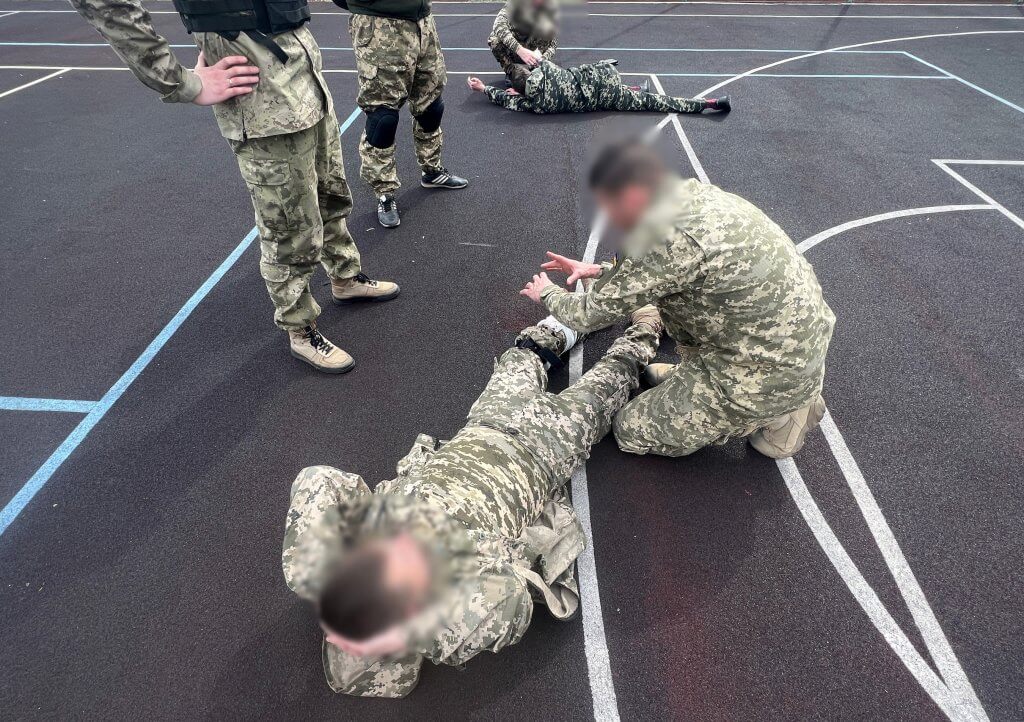
Yuri, whose name we’ve changed to protect his identity, stated that the lack of resources leads to repeated mismatches on the frontlines, where under-resourced volunteers regularly face Russian tanks, artillery, and aircraft.
To that end, Zaal launched Ghosts of Liberty, an organization whose “mission is to equip and train small groups of Ukrainians with the means to defend themselves and their families.” With his influential contacts in Ukraine, Zaal believes it can make a difference in the resistance. He hopes U.S. veterans and the broader public will feel the same.
“Funds are welcome, and … we’re always looking for any veterans willing to go train,” he said. “The Ukrainians share our values, and to me, that matters.”

